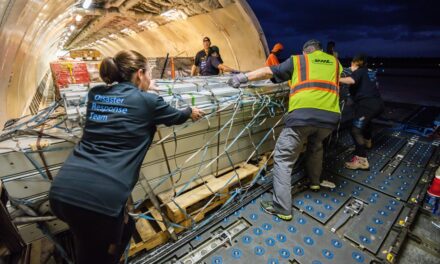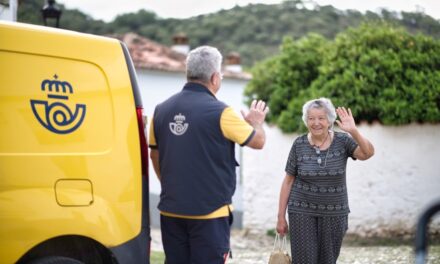
Sustainability – a top priority at Asendia

Asendia, the Joint Venture between La Poste and Swiss Post – has reinforced its commitment to sustainability by signing up to participate in a carbon offsetting scheme which involves the support of renewable energy projects in India. This important step is in line with Asendia’s objectives and long-term vision to achieve environmental and corporate sustainability. Since its foundation in 2012, Asendia has defined sustainability as a top priority and a strategic goal. The joint venture dedicates a lot of time and energy to developing sustainable business practices both as a differentiator on the market and as a strategy for long-term, market-leading success. Asendia’s sustainability policy rests on four pillars which aim at measuring, reducing, and offsetting its remaining carbon emissions, as well as at advising its customers on how to do the same. Some of the carbon reduction actions already undertaken include the optimization of routes in Asendia’s networks by removing inefficient links. Asendia also promotes the use of sustainable lighting and energy saving equipment in its offices and sites, and offers various social and professional initiatives to its employees.
Asendia invests in a renewable energy project
Today, sustainable actions have become a key concern for the logistics industry. Asendia has decided to sign a carbon offsetting scheme in consideration of the emissions which it cannot reduce. The adopted scheme supports seven wind farm sites, located in the three Indian states of Tamil Nadu, Karnataka and Rajasthan. Combined, 113 turbines are generating an annual production of nearly 470,000 MWh of renewable electricity. This is equivalent to the annual power consumption of 600,000 individuals and enables Asendia to offset more than 41’000 teq CO2 per year.
As well as supplying clean energy, the wind farms are providing useful social and economic benefits to local communities. The project developer invests a share of the profits back into local initiatives, financing education, health and job creation projects. The project is verified by one of the most internationally recognized carbon offset standards – the Verified Carbon Standard (VCS). Combining in-house carbon reduction and carbon offsetting, Asendia’s European customers have been able to benefit from carbon neutrality for the provided transport services, at no extra cost.
Asendia’s sustainable services
In line with its sustainability policy, Asendia also offers advice to its customers on how to reduce their carbon footprint when using its services. These include the prevention of carbon emissions at the source – with address cleaning or printing at destination – the avoiding of carbon emissions along the logistics journey – with the possibility of digital returns – and the recycling of valuable waste such as ink cartridges.












